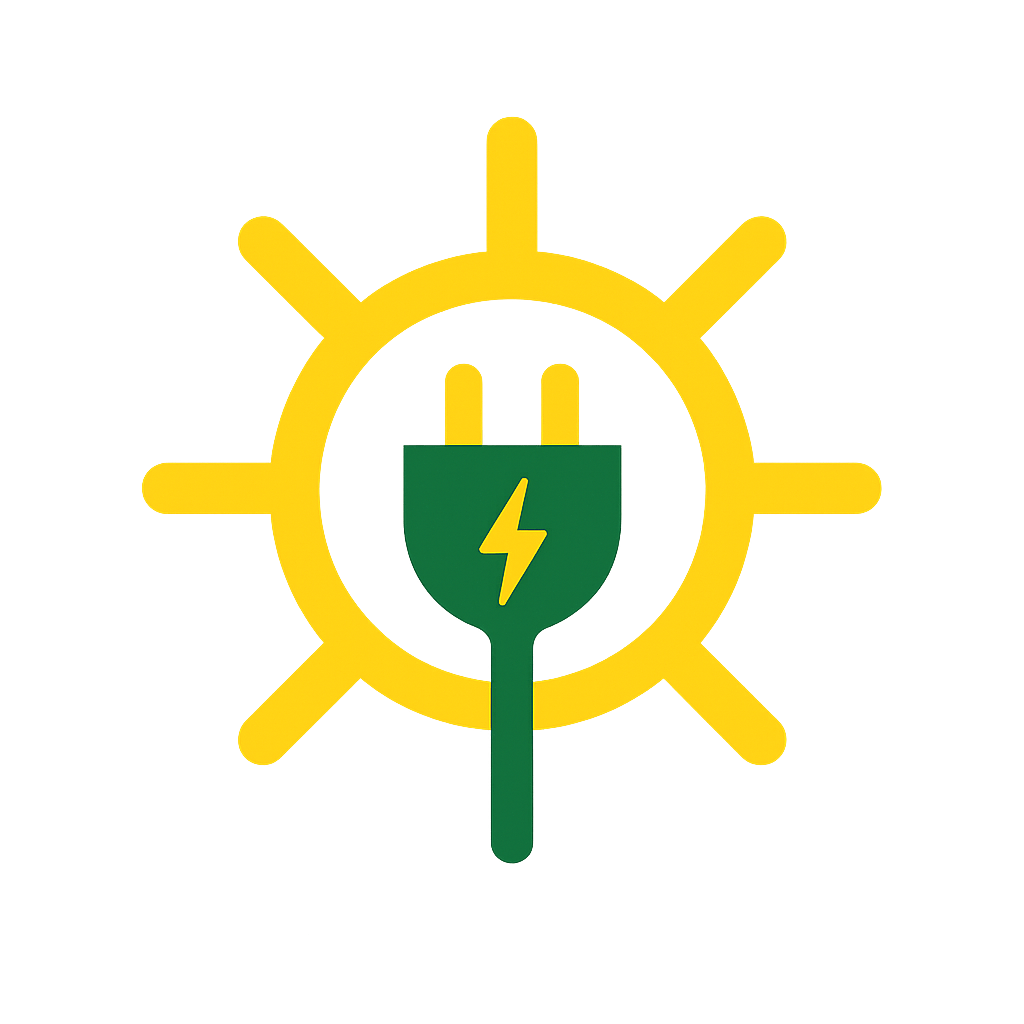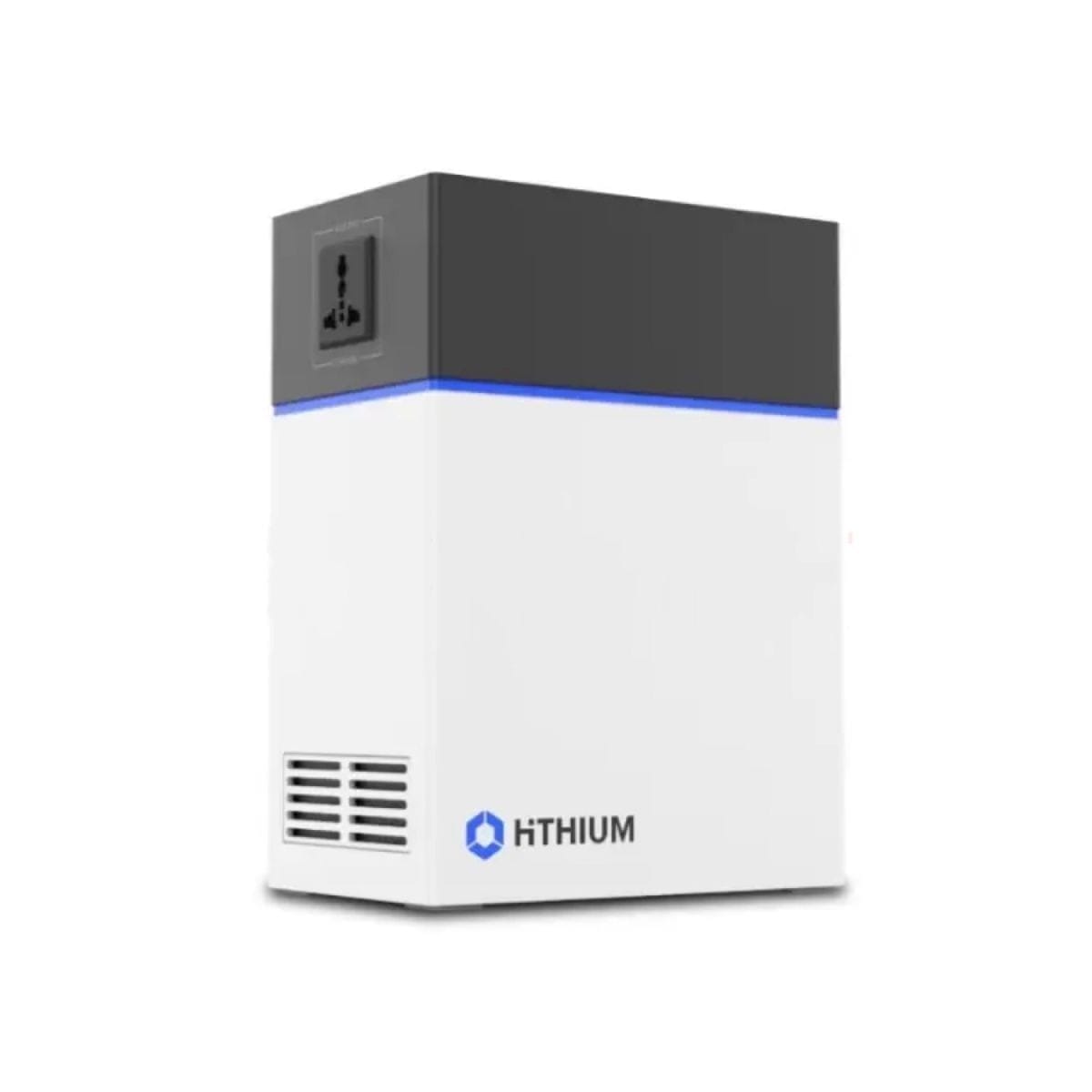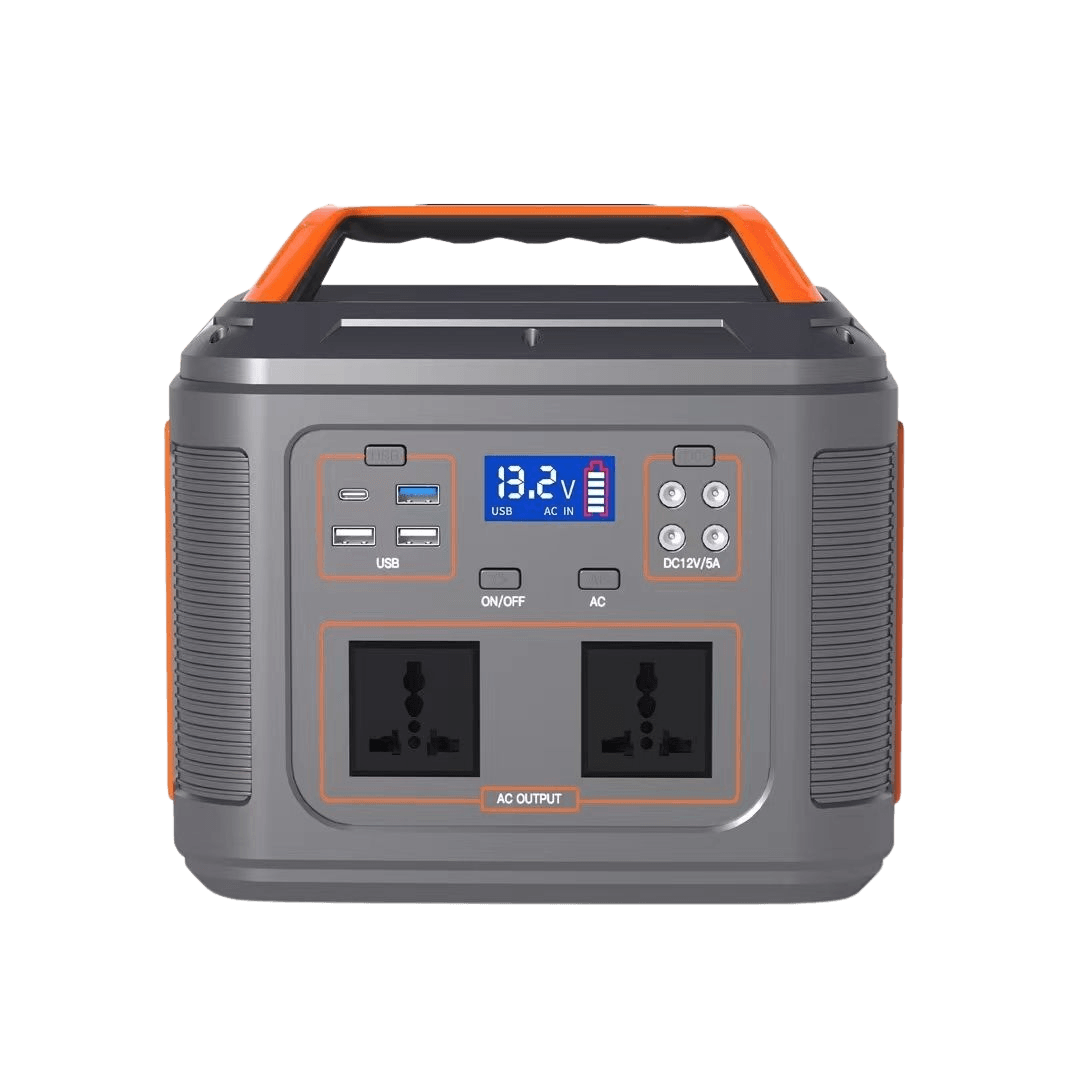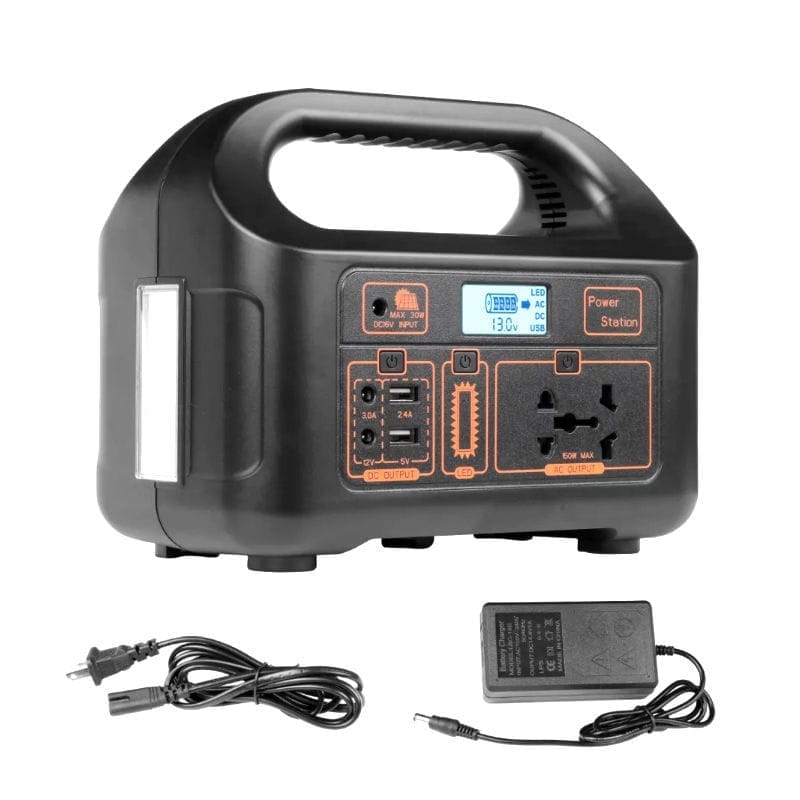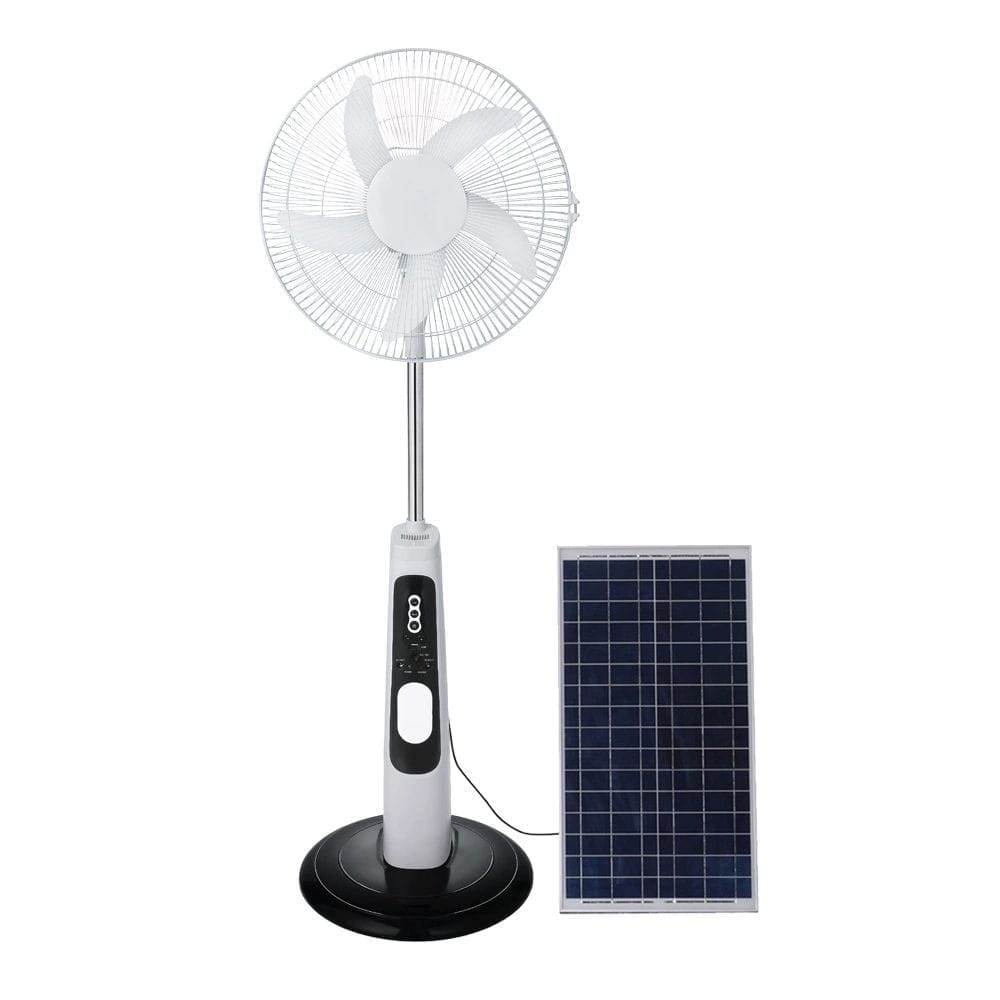Fuel Price Hike Alert: Nigeria’s 5% Fuel Tax in 2026 – Why Now Is the Time to Go Solar
If you think fuel is already expensive in Nigeria, brace yourself — because things are about to get worse.
By January 2026, the Federal Government plans to impose a 5% tax on fuel purchases. That means the ₦700–₦900 per litre you’re currently paying could rise even higher. For a country that depends heavily on petrol for transportation and electricity, this is big news.
Imagine your daily transport fare going up. Imagine spending even more money just to keep your generator running at night. And imagine food prices climbing again because trucks and buses also run on fuel.
This is why more Nigerians are finally asking: “Isn’t it time we reduced our dependence on fuel?”
The answer is simple: Solar.
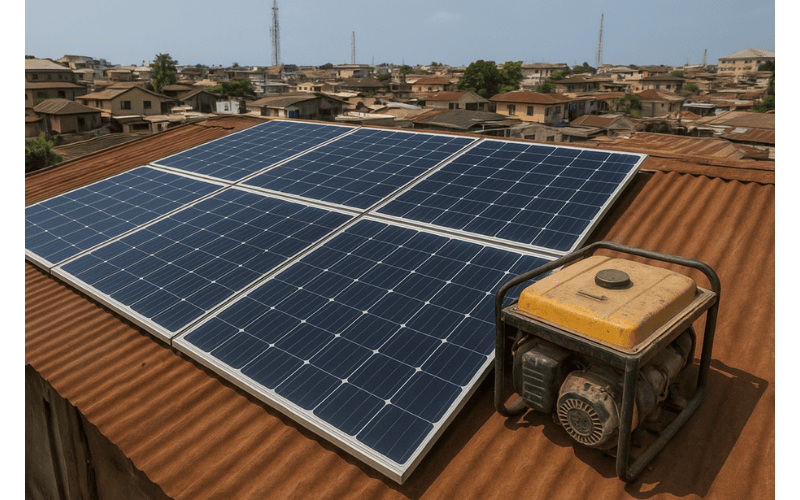
The 5% Fuel Tax in 2026: What You Need to Know
The Nigerian Presidency has confirmed plans to introduce a 5% excise duty on petroleum products starting January 2026.
What this means in plain terms: every time you buy petrol or diesel, 5% of that money goes to tax.
This comes at a time when:
Fuel subsidies have already been removed.
Petrol costs more than double what it did a few years ago.
The naira keeps struggling against the dollar.
The reality? Fuel prices are not going down anytime soon.
How the Fuel Tax Will Affect Daily Nigerian Life
This policy may sound small — “just 5%” — but it will have a big impact on everything:
Transport fares → Bus drivers and okada riders will immediately increase prices.
Generator usage → Nigerians who depend on fuel to power their homes will spend even more.
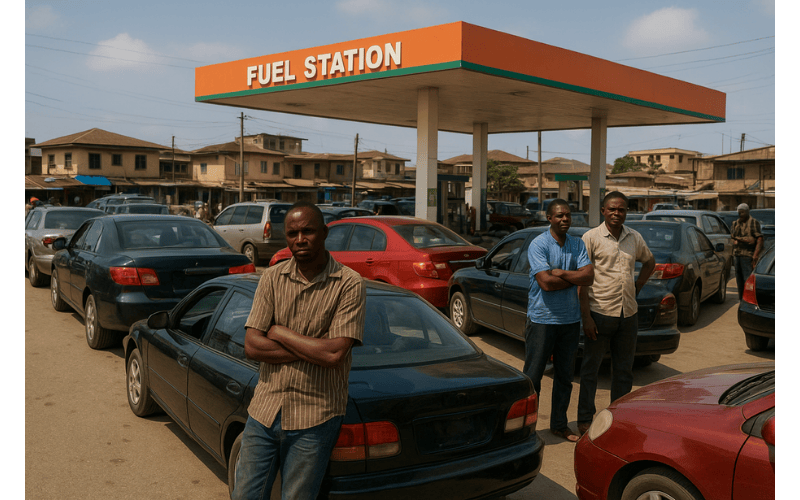
Food & goods → Transportation of goods will be more expensive, which means market prices will rise.
Household budget → Families already struggling with high living costs will feel squeezed further.
In short: you’ll pay more for almost everything.
Why Our Dependence on Fuel is a Big Problem
No stable NEPA light → Average homes get less than 8 hours of power daily.
Generators everywhere → Noise, smoke, and constant refueling.
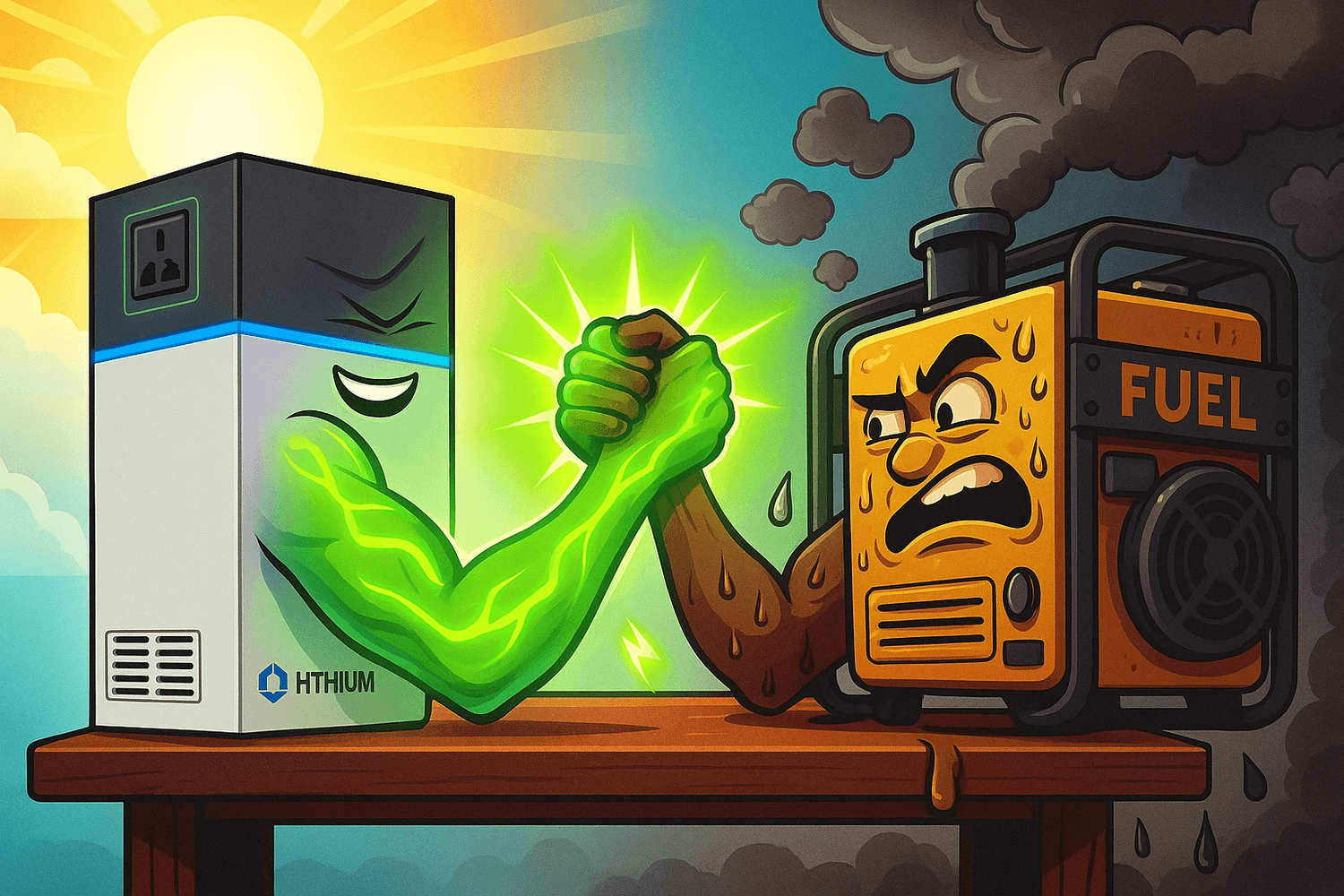
Monthly fuel spending → Families spend ₦30,000–₦70,000 monthly just to run small generators.
Business costs → From barbershops to cybercafes, every business relies on fuel.
Now imagine adding a 5% tax to all of this.
Do the maths: if you already spend ₦50,000 monthly on fuel, the tax adds another ₦2,500 every single month. That’s ₦30,000 extra per year — gone.
The Solar Alternative: Escape Rising Fuel Costs
Here’s why solar makes sense in 2026:
No monthly fuel bills → Sunlight is 100% free.
One-time investment → Buy once, enjoy for years.
Silent & clean → No noise, no smoke, no fumes.
Reliable → Works even when NEPA disappoints.
Cheaper long-term → Saves hundreds of thousands yearly.
When fuel keeps rising, solar remains stable.
Cost Comparison: Generator vs Solar in 2026
Let’s compare the numbers:
Generator (1 year costs):
Small gen (I better pass my neighbour) → ₦100,000–₦150,000 (fuel + maintenance).
Medium gen (business/home) → ₦300,000–₦600,000 yearly.
Solar Generator (one-time purchase):
Portable SolarPawa 150W → ₦150,000 (powers fan, lights, phones, laptops).
SolarPawa 550W → ₦380,000 (powers TV, Laptops, appliances).
SolarPawa 2000W → ₦1,300,000 (powers TV, Refrigerator).
After purchase, no fuel spending required.
Within 1–2 years, solar pays for itself.
SolarPawa Solutions That Save You Money
At SolarPawa, we’ve got solar solutions that fit Nigerian homes and budgets:
SolarPawa 150W Portable Power Station
Perfect for students, small apartments, or anyone tired of charging phones and laptops with fuel.
SolarPawa 550W Power Station
Great for families who want to power TV, fans, lights, and small fridges.
SolarPawa 2000W Solar Power Station
For full homes or small businesses. Powers multiple appliances without worry.
Each comes with flexible options so you can escape fuel stress once and for all.
Frequently Asked Questions
Q: Will solar really be cheaper than fuel?
A: Yes. With rising fuel costs and the new tax, solar pays for itself in less than 2 years.
Q: What if NEPA brings light — won’t I still pay bills?
A: Solar reduces or eliminates your reliance on NEPA. Even if they bring power, you’ll pay much less.
Q: Can solar run my fridge, TV, or pumping machine?
A: Yes, depending on the size.
Q: Is it a safe investment?
A: Absolutely. Solar is clean, renewable, and reliable. You don’t need to worry about rising fuel costs anymore
The 5% fuel tax in January 2026 is a wake-up call. Fuel prices will keep going up, and relying on petrol means your expenses will keep rising too.
But with solar power, you can break free from fuel dependency. No more surprise taxes, no more endless refueling, no more noise or smoke.
The choice is clear: Keep paying more for fuel, or make a one-time switch to solar and enjoy freedom.
At SolarPawa, we’re here to help you make that switch.
Click here to see our solar solutions today and secure your energy future before the tax hits.
About the author
Emayoma Abbey
Email: info@solarpawa.com
Emayoma Abbey is the founder of SolarPawa.com, a platform dedicated to empowering individuals and communities to embrace clean, reliable, and affordable solar energy. With a strong passion for solving real-world power challenges, Emayoma focuses on providing practical, easy-to-understand information that helps people take control of their energy needs.
ABOUT
SolarPawa is Nigeria's trusted online store for affordable and reliable solar energy solutions.
Created with © Emayoma Abbey
